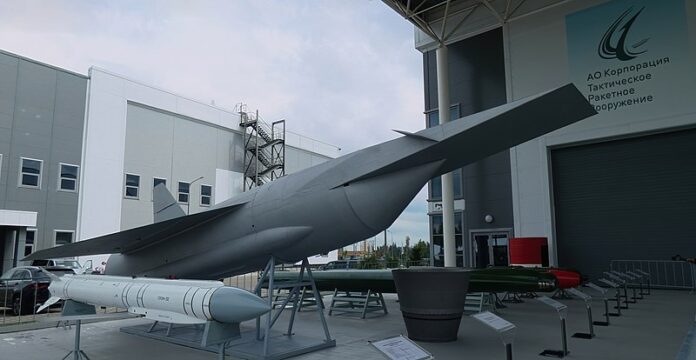Yesterday, Anatoly Maslov, a 77-year-old Russian physicist, was sentenced to 14 years in a penal colony after being convicted of treason in a St. Petersburg court. This conviction is part of a broader trend of legal actions against Russian scientists, particularly those involved in the study and development of hypersonic missile technologies.
Maslov, who maintains his innocence, was accused of divulging top-secret information pertaining to Russia’s advanced missile program to Germany. This information allegedly related to hypersonic missiles, sophisticated weaponry that can deliver payloads at speeds multiple times faster than sound, effectively evading contemporary air-defense systems. His trial was conducted behind closed doors, and the final verdict was delivered in a courtroom setting where Maslov, despite his advanced age and recent health issues including a heart attack, stood resolute in his defense.
This case is not isolated. Alongside Maslov, two other experts from the same Siberian institute specializing in hypersonics, Alexander Shiplyuk and Valery Zvegintsev, have also been detained under similar charges since 2022. These incidents underscore a growing pattern of accusations leveled against academics in Russia, particularly those engaged in fields with significant military applications.
The legal battles these scientists face have sparked considerable alarm within the Russian academic community. A notable open letter from last year, signed by colleagues of the accused, claims the men are wrongfully charged. They argue that the scientific papers and presentations made at international conferences had been carefully scrutinized to ensure no sensitive information was disclosed. Despite these assurances, the scientists find themselves targeted by security services, fostering a climate of fear and suspicion that severely hampers academic freedom and research.
The Russian government, however, maintains that these cases involve severe breaches of national security. According to them, the information these scientists are accused of sharing includes state secrets of utmost importance to national defense capabilities.
Maslov’s lawyer, Olga Dinze, and other defense attorneys like Yevgeny Smirnov of Pervy Otdel (First Department), argue that these cases are less about genuine security risks and more about political maneuvers by Russian authorities. They claim this crackdown on academics serves to demonstrate the state’s vigilance against purported international espionage attempts targeting Russian military secrets. Smirnov particularly emphasized that much of the information deemed secretive is, in fact, readily accessible through public and academic channels, making the charges appear baseless and excessively punitive.
This trend has broader implications for Russian science, according to the defendants and their advocates. They warn that the ongoing persecution is not only damaging individual careers but also deterring the scientific community from engaging in robust and open research, which is vital for technological and scientific advancement.
As this situation continues to evolve, the international community watches closely, concerned about the implications for academic freedom and the integrity of scientific inquiry under increasingly repressive regimes. The outcomes of these cases may well influence Russia’s standing in the global scientific arena, potentially isolating its academic community further from international collaboration and discourse.









